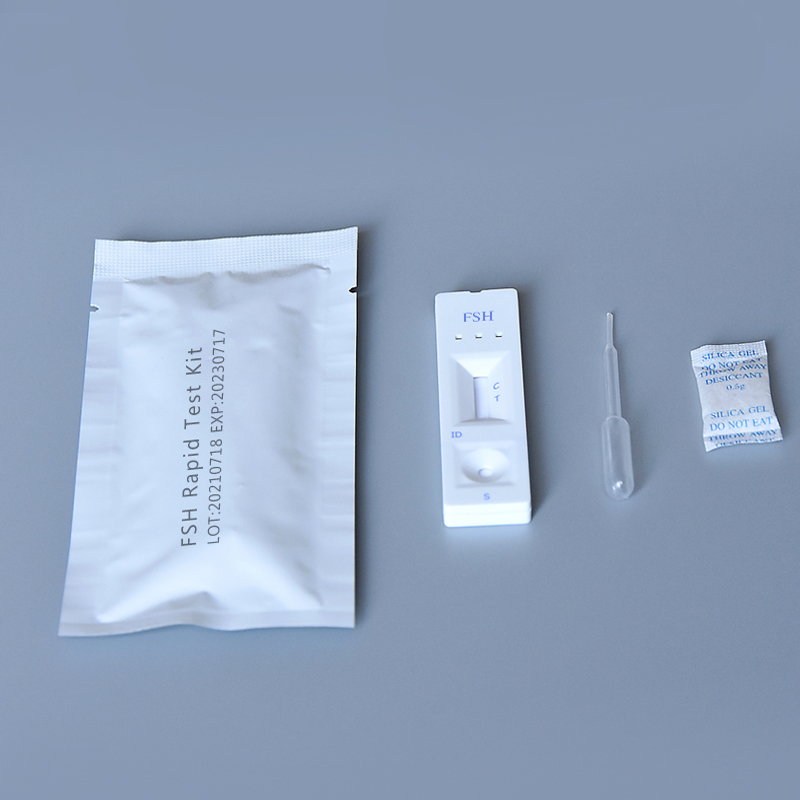Sep . 23, 2024 07:10 Back to list
buy hepatitis c in blood test manufacturers
Understanding Hepatitis C Blood Test Manufacturing
Hepatitis C (HCV) is a viral infection that primarily affects the liver and can lead to severe health complications, including liver cirrhosis and liver cancer. As a result, the diagnostics market for detecting this infection has grown significantly over the years. The manufacturing of blood tests for Hepatitis C plays a crucial role in the early detection and management of the disease.
The primary objective of Hepatitis C blood tests is to identify the presence of the virus or the antibodies produced in response to it. Typically, the process involves screening for antibodies first, followed by confirmatory tests that can detect the viral RNA itself. Blood test manufacturers focus on developing assay kits that ensure high sensitivity and specificity, which are paramount for accurate diagnosis.
Manufacturers of Hepatitis C blood tests utilize a variety of technologies to create effective diagnostic tools. Enzyme-linked immunosorbent assays (ELISA) remain among the most commonly employed techniques for initial screening. These tests can yield results quickly and are essential in large-scale screening programs. Other technologies include nucleic acid tests (NAT), which are more sensitive and can detect the virus earlier than antibody tests, making them vital in situations where immediate intervention is necessary.
buy hepatitis c in blood test manufacturers

Key players in the Hepatitis C blood test manufacturing industry are continuously involved in research and development to improve the accuracy and reliability of their tests. Companies invest heavily in advancements in biomarker identification and assay development, aiming to create tests that can differentiate between chronic and acute infections—an essential component of effective treatment planning.
Moreover, the increasing prevalence of Hepatitis C globally has spurred demand for more accessible and cost-effective testing. Manufacturers are now focusing on point-of-care testing solutions, which enable healthcare providers to diagnose patients at the site of care instead of sending samples off to a laboratory. These rapid tests simplify the process and improve patient outcomes by facilitating timely treatment initiation.
Another critical factor in Hepatitis C blood test manufacturing is regulatory compliance. Manufacturers must adhere to stringent regulations set forth by health authorities globally, ensuring that their products meet rigorous safety and effectiveness standards. This compliance is not only crucial for gaining market approval but also for gaining the trust of healthcare providers and patients alike.
In conclusion, the role of blood test manufacturers in the fight against Hepatitis C is indispensable. Through continuous innovation and commitment to quality, these companies are making significant contributions to the early detection and effective management of the virus. With the ongoing development of more sophisticated and rapid testing technologies, the future looks promising for improved patient care and outcomes in the global battle against Hepatitis C. As we move forward, it is essential for healthcare systems and policymakers to support these manufacturers in their efforts to enhance diagnostic capabilities and ultimately improve public health.
-
Dengue NS1 Rapid Diagnostic Test Kit
NewsMar.07,2025
-
Dengue NS1 Rapid Diagnostic Test Kit
NewsMar.07,2025
-
Dengue NS1 Rapid Diagnostic Test Kit
NewsMar.07,2025
-
Transferrin Rapid Test Cassette Tumor Marker TF Card
NewsMar.07,2025
-
Malaria Pf Pan Rapid Diagnostic Test Kit
NewsMar.07,2025
-
malaria pf / pan ag rapid test
NewsMar.07,2025

